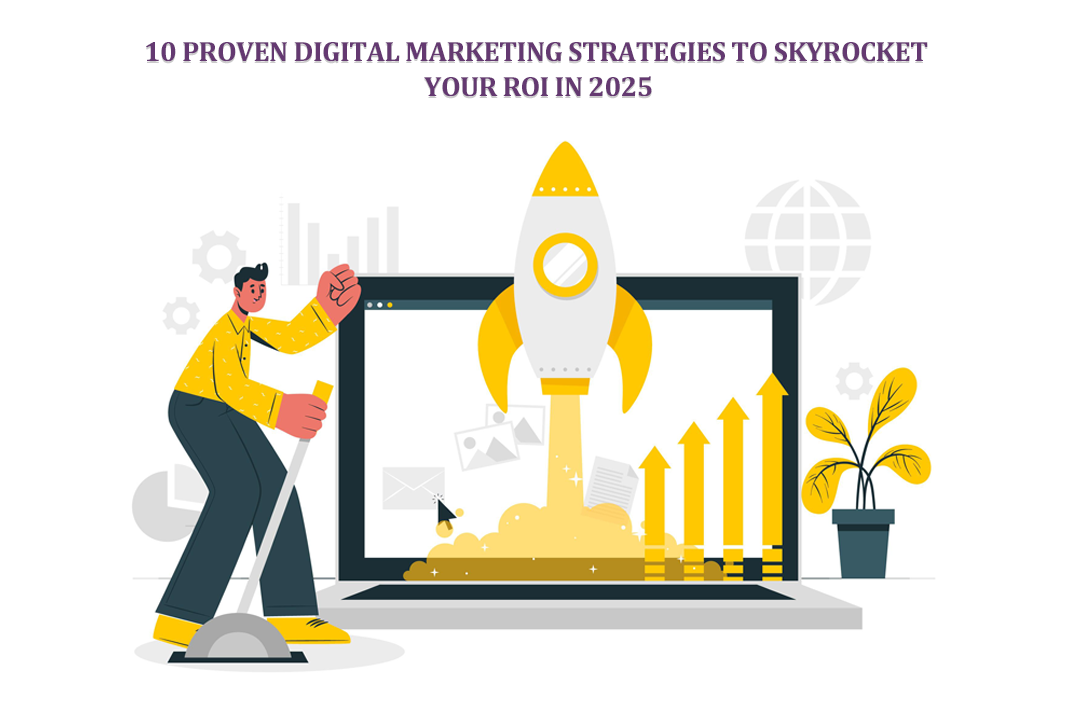What are the Pros and Cons of Hiring Remote Developers?
The idea to hire remote developers has been around for a while, and the Covid-19 pandemic has only strengthened it. However, after the pandemic, this concept can be examined on an unprecedentedly large scale. Much like any other process, there are specific considerations to keep in mind when hiring remote developers. Knowing these, in addition to the errors you must avoid, will ensure that you begin the business development process on the correct foot.
Quick Links
In this article, we will discuss the pros and cons of hiring remote developers, which will help you make the best decisions.
Benefits of Remote Developers
As the year passes, the advantages of hiring remote developers become more enticing. An increasing number of businesses are implementing a work-from-home strategy, either partially, or entirely. Let’s know more about how hiring remote developers can aid businesses in sustainability or expansion:
Vast Pool of Talent at your Fingertips
Hiring remote developers enables you to consider professionals from anywhere in the world. Not only do you have access to a vast talent pool, but you also get to choose the finest one with excellent ideas. You can search far and wide for the ideal candidate for your project without worrying about their willingness to relocate. In addition, opting for remote developers doesn’t mean compromising on their skill set.
Higher Productivity and Flexibility
Due to the fact that remote developers work in an environment of their comfort, they have proven to be more productive than in-house employees. One of the reasons for higher productivity is that it creates a level of competitive drive that can be very beneficial. Remote work’s advantages are that it permits employees as well as employers to be adaptable with regard to working hours and location. Additionally, the organization can also gain flexibility by hiring remote developers who are able to work night schedules. This is extremely advantageous for businesses that require round-the-clock employment.
Cost-Effectiveness
In contrast with in-house developers, who incur costs associated with commuting or relocating, hiring remote developers saves up the salary expenditure of the company. On the other hand, businesses save a significant amount on administrative costs, such as office space, utility payments, etc. Companies that hire remote workers are frequently exempt from providing employee benefits such as health insurance, paid time off, airfare, etc.
Decreased Hiring Time
Imagine waiting for an employee to relocate and begin your project. That’s the reality of assembling an in-house team. But it doesn’t have to be that way. When you hire remote developers, you can get started in no time.
Fostering cultural diversity
Diversity encompasses more than just gender and ethnicity. By expanding their hiring reach beyond the local area, organizations can access a vast pool of talented individuals, resulting in a more diverse and inclusive workforce. By promoting a diverse culture in the workplace, a company can enhance productivity and its overall reputation.
Challenges of Remote Developers
Every rose has a thorn, and similarly, when it comes to hiring remote developers, there will be two sides to every coin. It is of utmost importance to carefully weigh the drawbacks prior to arriving at any decisions and ascertain if there exist viable solutions to surmount them. Here is a list of remote work disadvantages to be on the lookout for:
Cultural and Language Barriers
Occasionally, cultural barriers can be a greater obstacle. It depends on the manner in which international employees are combined. It can be problematic to assemble a group of individuals with vastly different cultural backgrounds and approaches to the majority of their tasks. In addition to this, the means of communication are a solid foundation for working, and cultural and linguistic differences can also present difficulties. Communication can be crucial at certain stages of development, and the last thing you want is for problems to arise due to misunderstandings. Therefore, a high level of English proficiency is a must to check for while hiring remote developers.
Lack of Informal Interactions
Undoubtedly, there is a possibility of video calls and messaging on multiple platforms when you hire remote developers. However, one-on-one team communication never occurs in the real world. Informal interactions can be beneficial to the working process, particularly for project leaders who can develop trust and motivation through these interactions.
Inconsistent Schedules
Time zone differences can be one of the biggest challenges for remote developers. Scheduling meetings and communicating can be really difficult, as team members would have to wait for a response from the remote developer in a different time zone. Businesses may suffer serious consequences if a well-planned and implemented strategy for overcoming time zone differences is not in place.
Assessing the Candidate
When hiring a remote developer, the biggest challenge is that you cannot meet the candidate in person. To solve this problem, you must implement a stringent recruiting process to acquire the best talent. Before you hire remote developers, ensure that your interview panel is well-prepared and able to ask relevant questions based on their technical skills and personality traits.
Onboarding the Latest Hire
There is no seamless onboarding at the time of hiring remote developers, thus making it a complex procedure. This is because they frequently manage the process differently and more intricately than an on-site employee would.
Conclusion
Hiring remote workers has its fair share of pros and cons. However, the pros are advantageous, and the cons are easily surmountable. Remote recruiting from platforms like Clutch, Uplers, or Lavorg will help you find the most qualified candidates. Not only this, it reduces costs, increases productivity, and raises employee morale, all of which will propel your company toward success.
Author’s Bio:
Jazz Gill is a marketing executive at Lavorg, a global remote hiring talent platform. She has over ten years of experience in the marketing field and writes on the topics like mobile development, software development, web development etc. She has expertise in branding, driving revenue growth, and building strong customer relationships.
Essential Tools for Enhancing Web Design and UX Hosting
Have you ever visited a website that felt slow, clunky, or confusing? A website that is poorly…
0 Comments11 Minutes
How a Mini Cart Transformed My Store’s Shopping Experience
Okay, real talk—running an online store is hard. You think you’ve got everything figured out, you…
0 Comments9 Minutes
Balancing Your Security Initiatives With Industry Compliance Requirements
Managing a business today comes with a number of daily battles that need to be fought. Resources…
0 Comments11 Minutes
Best plugins to enhance the customer shopping experience
Customer experience is a key part of every online store. A good experience helps customers find…
0 Comments7 Minutes
AI Content Generating Tools: Is It A Collaboration or Competition For Content Creators?
Artificial Intelligence (AI) has created waves in content creation in business verticals. From…
0 Comments13 Minutes
How to boost user engagement and conversion in WooCommerce?
One thing that is not changing today or in the coming future is the impact user engagement has on…
0 Comments9 Minutes
10 Proven Digital Marketing Strategies to Skyrocket Your ROI in 2025
Why do some companies have a more robust online presence than others? Marketers know very well…
0 Comments12 Minutes
Why Is Woocommerce Suitable For Small Businesses?
Are you finding yourself more confused than usual when choosing your online business’s platform?…
0 Comments8 Minutes








